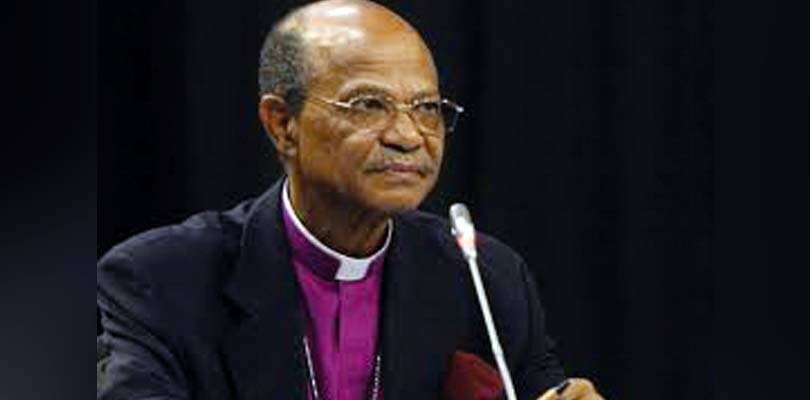If history had taught us anything at all, there would be life lessons aplenty for us to prevent a repeat of doom after doom laying waste to lives.
The Marikana Massacre of August 10-16 in 2012 is a case in point.
As that massacre shows, history has the rude habit of repeating itself. Sadly, with each tragic episode, the nation is expected to recoil back to business as usual as though no scar has been inflicted on its psyche.
A blood stain on the conscience of our newfound democracy just lies there for survivors left to their own devices. It is now eight years since the doomsday that claimed lives of innocent mine workers whose death penalty was a demand for a just wage.
Economically speaking, there is no evidence of mining houses losing profit, except partially handicapped production.
Whatever financial loss that could be attributed to the events of the August 2012 strike, it cannot equal the premeditated murder of 44 innocent miners.
Life is sacrosanct and priceless. At issue is that this reckless massacre could have been avoided if politicians did not interfere, preferring profits over life.
Amid the unprecedented Covid-19 pandemic, platinum group metals (PGMs), and particularly gold and platinum, increased to an all-time high of over $2000 and $1000 per ounce. This is done by mining houses raising unfounded hysteria and pleading poverty while unashamedly retrenching workers.
On the other hand, chief executives were paid exorbitant bonuses, jovially walking all the way to the bank.
Covid-19 has exposed the hypocrisy of the capitalist economy that profit is without cost to life.
The miners, for instance, were sent home when the President declared the state of national disaster effective from March 26.
Soon, pressure was put for business to open, which meant that the miners were recalled after the lifting of stringent level five lockdown regulations to level 3.
There is no evidence that sufficient preparations as was carefully pondered upon with schools had been considered to protect the returning miners.
Consequently, some were exposed to the virus and became Covid-19 casualties. Evidently, there is a surge in infections making mines epicentres for Covid-19.
Covid-19 has exposed and confirmed the glaring problem of inequality, poverty and unemployment, and preference to profit gains than saving lives.
The poorest of the poor remain most vulnerable while the rich continue to enjoy the benefits of cheap labour as though there is no threat to life.
Much is said than done, as evidenced in the Marikana community where Sibanye-Stillwater continues to dig the PGMs as if the massacre never happened.
Promises made at the sale and buying of Lonmin remain an expectation – thus more talk than action. There is nothing to show eight years down the line, but unfulfilled, empty promises.
PGMs continue to be productive and earning better than predicted, yet the miners continue to live under extreme poverty earning peanuts despite dying for R12 500 in 2012.
Lest we forget the promised 22% wage increase undertaken at the negotiations has not been added to their wages to date. History repeats itself, and soon, this will be the reality if we continue to take workers for granted.
- Bishop Jo Seoka is a retired Anglican Church bishop.
OPINION: Bishop Jo Seoka




